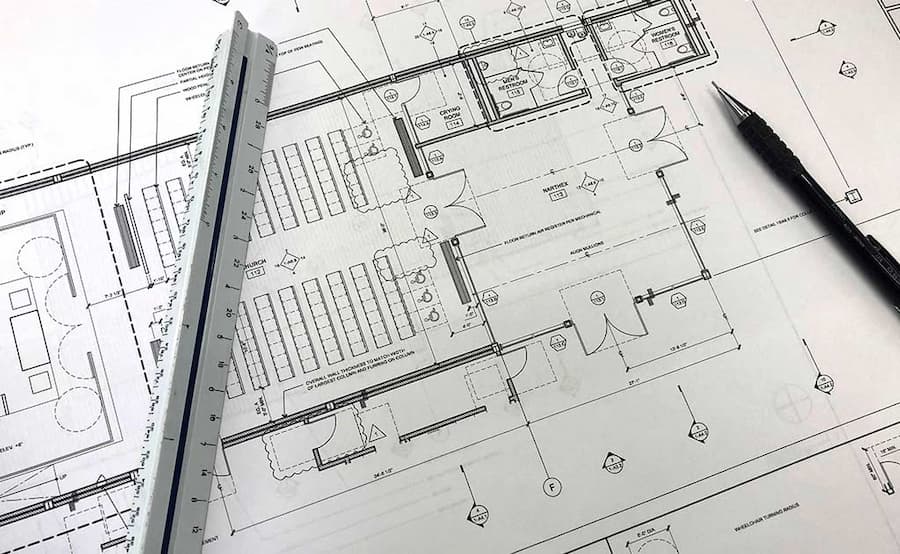
Evolution of Design: Unleashing Creative Development
The Dynamic Nature of Design
Design development is a dynamic process that goes beyond the static realms of initial concepts. It’s a journey where ideas transform, adapt, and evolve into tangible and aesthetically pleasing creations. In the ever-changing landscape of design, this evolution is a testament to the constant pursuit of innovation and improvement.
From Concept to Creation
At the heart of design development lies the transition from conceptualization to actualization. Initial ideas, often mere sketches or abstract thoughts, undergo a metamorphosis into detailed plans and prototypes. This phase involves refining and expanding upon the original concept, taking into account functionality, aesthetics, and user experience.
Iterative Refinement
One of the key aspects of design development is the iterative refinement process. Designs are revisited, analyzed, and refined multiple times to ensure they meet the desired objectives. This iterative nature allows designers to fine-tune details, address challenges, and enhance the overall quality of the end product.
Collaborative Creativity
Design development thrives on collaboration. It’s a collective effort where diverse perspectives converge to contribute to the evolution of a concept. Whether it’s a team of designers, engineers, or clients, the collaborative exchange of ideas fosters a rich and multifaceted development process, leading to more innovative and well-rounded designs.
Embracing Technological Advancements
In today’s design landscape, technology plays a pivotal role in shaping the development process. Advanced software, simulations, and virtual prototypes enable designers to explore possibilities and test concepts in a virtual environment. This integration of technology enhances efficiency, allowing for quicker iterations and a more informed decision-making process.
Sustainability and Design Development
As the world becomes increasingly conscious of environmental impact, sustainability becomes an integral part of design development. Concepts are not only judged on their aesthetics but also on their ecological footprint. Integrating sustainable practices into the development process ensures that designs contribute positively to the environment.
User-Centric Design Evolution
User experience is a driving force in design development. The evolution of a design takes into account the needs, preferences, and behaviors of the end-users. Through user feedback and usability testing, designers refine their creations to ensure they not only meet but exceed the expectations of those who will interact with the final product.
Design Development in Action
To witness the vibrant and transformative journey of design development, explore Design development. This platform showcases exemplary instances of design evolution, providing insights into the creative processes that bring ideas to life.
Balancing Form and Function
A successful design development process strikes a delicate balance between form and function. While aesthetics are crucial, the functionality and usability of a design are equally important. The continuous interplay between these elements during development ensures that the end result is not only visually appealing but also practical and user-friendly.
The Unending Quest for Innovation
Design development is an unending quest for innovation. It’s a journey where creativity knows no bounds, and designers are constantly pushing the boundaries of what is possible. In embracing this spirit of innovation, design development becomes a driving force that shapes the visual and functional landscapes of the world around us.
